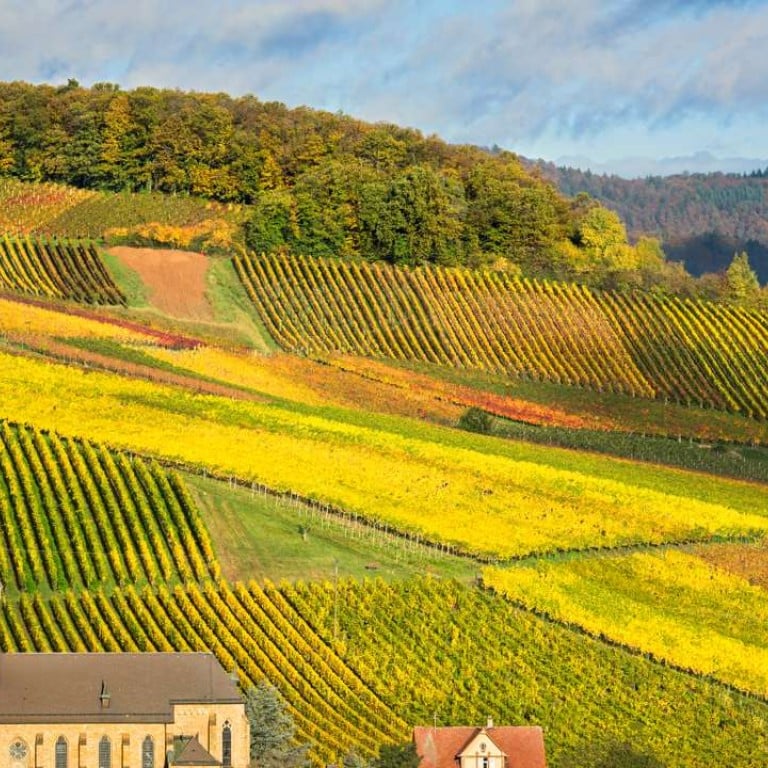
Three German wines from Lebenshilfe, which is much more than just a winery
As German wines enjoy their time in the sun, we look at a winery that believes in making a difference to the lives of special-needs children
In case you haven’t noticed, German wines have undergone a dramatic transformation in the past 15 years. Before 2000, isolationism prevailed and there was little communication between wine producers or across the generations.
“Every man was in it for himself,” says Stuart Pigott, a British wine critic and an expert on German wine.
Now, however, German wines have acquired something of an edgy image, with an increasing number of women joining the industry.
“The young winemakers of today gather at rock concerts,” says Pigott. “Wine is part of pop culture. There is a free exchange of information, and they are experimenting. This is a dynamo for the jump in quality.”
Epitomising this approach is Generation Riesling, which celebrates its 10th anniversary this year. In 2006, the German Wine Institute launched a programme to revitalise the image of the country’s wines by providing producers aged 35 and under with a global platform. The programme started with 25 winemakers showcasing their produce in London, Britain, and has grown to number more than 500 members. Innovation in the vineyard and cellar and international work experience have led to an improvement in quality.
This had to happen. Germany has an open wine market, with no taxes on imported bottles. Locally produced wines cannot compete on price alone with large-volume, low-price New World wines. The average price for a bottle in a discount supermarket is €2 (HK$17). Despite such competition, demand for German wine is strong.
Pigott describes the new wines as a “bastion of individuality”. They are not copied from anywhere. “They are too subtle for that,” he says.
Jan Hock, winemaker at Weinbau der Lebenshilfe, personifies the new generation. His 20-hectare vineyard is located in Bad Dürkheim, in the southwestern region of Pfalz, Germany’s second-largest wine region. The winery is a part of a foundation that helps families with special-needs children – Lebenshilfe means “life”. Also on site is an organic farm, a carpentry workshop and a shop selling locally made products. The winery employs a staff of 35, also with special needs, working under the supervision of Hock. The label was designed by one of the children.
Here are three wines from Lebenshilfe that stand out.

Lebenshilfe Deidesheimer Riesling 2014
Citrus, pear, floral flavours. Medium body, refreshing acidity balanced with elegant fruity intensity. A touch of residual sweetness. A well-made simple wine perfect for the summer. HK$150

Lebenshilfe Feuerberg Rubin 2013
The Feuerberg vineyard is composed of sandy soils suitable for red-grape varieties. A blend of St Laurent, dornfelder and cabernet sauvignon.
Bursting with ripe blackberry, black cherry. A rounder palate packed with summer fruits, soft tannins. An approachable and easy-going wine. HK$150

Lebenshilfe Riesling Spätlese 2014
“Spätlese” refers to fruit that is late harvested. Wines tend to be richer and more concentrated with some residual sweetness.
Apricot, peaches, citrus. Quite luscious on palate, well balanced with the crisp acidity. This sweeter style of wine is an excellent pairing with barbecued meats, from char siu to roast duck. HK$150
The wines are available from joyvino.com.

